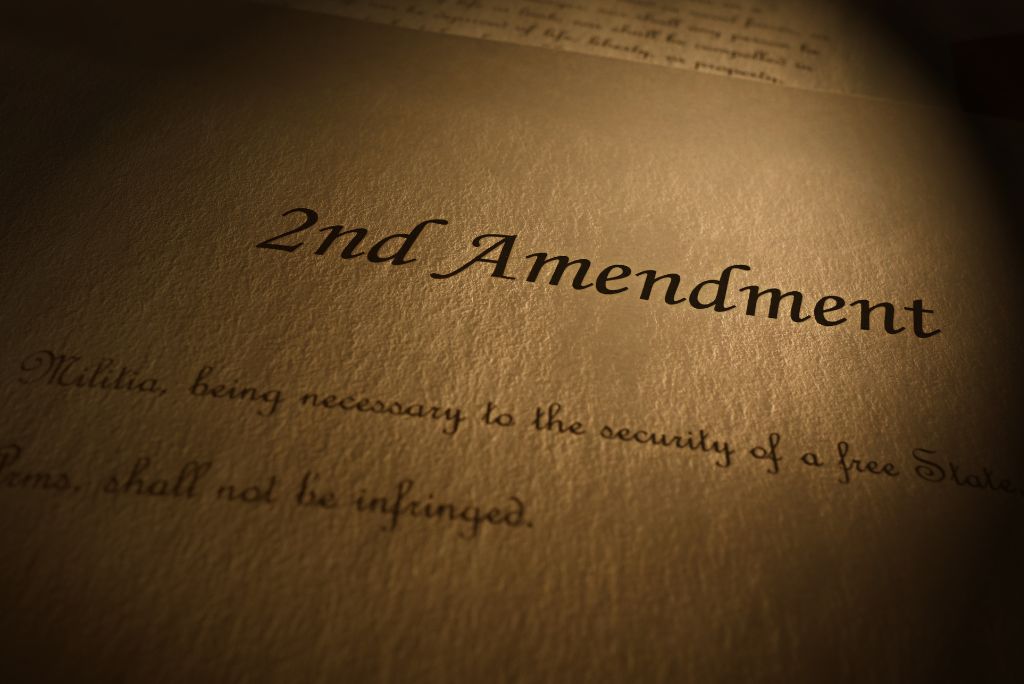The Second Amendment to the U.S. Constitution embodies a critical right that has historically enabled American citizens to retain power and prevent governmental abuses. This right is rooted in the ability to form militias and possess firearms, reflecting a national ethos that places high value on individual freedoms. Yet, the Second Amendment has attracted significant criticism, particularly in light of misuse of these freedoms by both foreign actors and domestic criminal organizations. The ongoing discourse revolves around finding a balance between the right to bear arms and the need for public and regional safety, raising complex questions about how far individual rights extend amidst growing security concerns.
Since its inception, the Second Amendment has played a vital role in upholding individual liberties. It is more than just a provision for hunting or personal defense; it serves as a measure for the populace to safeguard itself against tyranny. Historical contexts, such as the American Revolution, illustrate how an armed citizenry can counter oppressive rule. In contemporary America, gun ownership signifies both independence and personal security, especially in areas where law enforcement may be unable to respond promptly due to resource limitations or operational challenges. This reality underscores the necessity of the Second Amendment in contemporary society, where citizens increasingly feel the need to protect themselves in unpredictable environments.
However, illegal arms trafficking presents a complex challenge that complicates the narrative surrounding lawful gun ownership. The U.S. is often criticized for its role in global arms trade, particularly regarding the high percentage of firearms confiscated in regions like Mexico that are traced back to American origins. Statistics indicating that as much as 75% of such firearms originate from the U.S. can foster a perception of irresponsibility within the American side of the arms discussion. Nonetheless, blaming the Second Amendment or American policies for these transnational issues oversimplifies a more significant problem: the failings of foreign governments to secure their borders and combat organized crime effectively. The case of Haiti exemplifies how imported firearms have empowered gangs to destabilize local governance, revealing that the matter at hand extends well beyond U.S. gun laws.
Critics of the Second Amendment often ignore the established benefits associated with an armed citizenry, which can act as a layer of defense for individual rights and community safety. Although concerns about firearms falling into the wrong hands resonate deeply with many, a wealth of data demonstrates that responsible gun ownership prevails among the majority of legal gun holders in the United States. Observably, armed citizens often serve as pivotal figures in preventing crimes and saving lives during emergencies. Consequently, addressing the issues stemming from governmental failures abroad should not come at the expense of Second Amendment rights. The United States must commit to preserving its constitutional foundations while also promoting international efforts aimed at curtailed organized crime and illegal arms trafficking.
Finding conservative solutions requires a dual focus: safeguarding domestic rights as enshrined in the Second Amendment and confronting the proliferation of illegal firearms through strategic measures. Enhancing border security is paramount, necessitating stricter inspections and collaborative initiatives with neighboring countries, such as Mexico. These partnerships would aid in disrupting smuggling routes that facilitate illegal arms transfer. Furthermore, it is vital for nations like Haiti to take an assertive stance on improving their own law enforcement and judicial systems. External pressures and regulations on U.S. firearms laws only serve as superficial fixes to more profound issues rooted in governance and military oversight abroad.
Educational initiatives promoting responsible gun ownership significantly contribute to aligning individual rights with community safety. By fostering a culture that emphasizes safe handling and usage of firearms, the U.S. can iteratively reduce potential risks associated with owning firearms while reinforcing the essential character of the Second Amendment as a symbol of freedom. The continuous dialogue surrounding gun rights is inherently linked with the broader themes of personal empowerment, societal responsibility, and the urgent need for an organized response to global threats posed by criminal elements. As these discussions evolve, achieving the necessary balance between preserving rights and ensuring safety will remain a cornerstone of American societal values.

